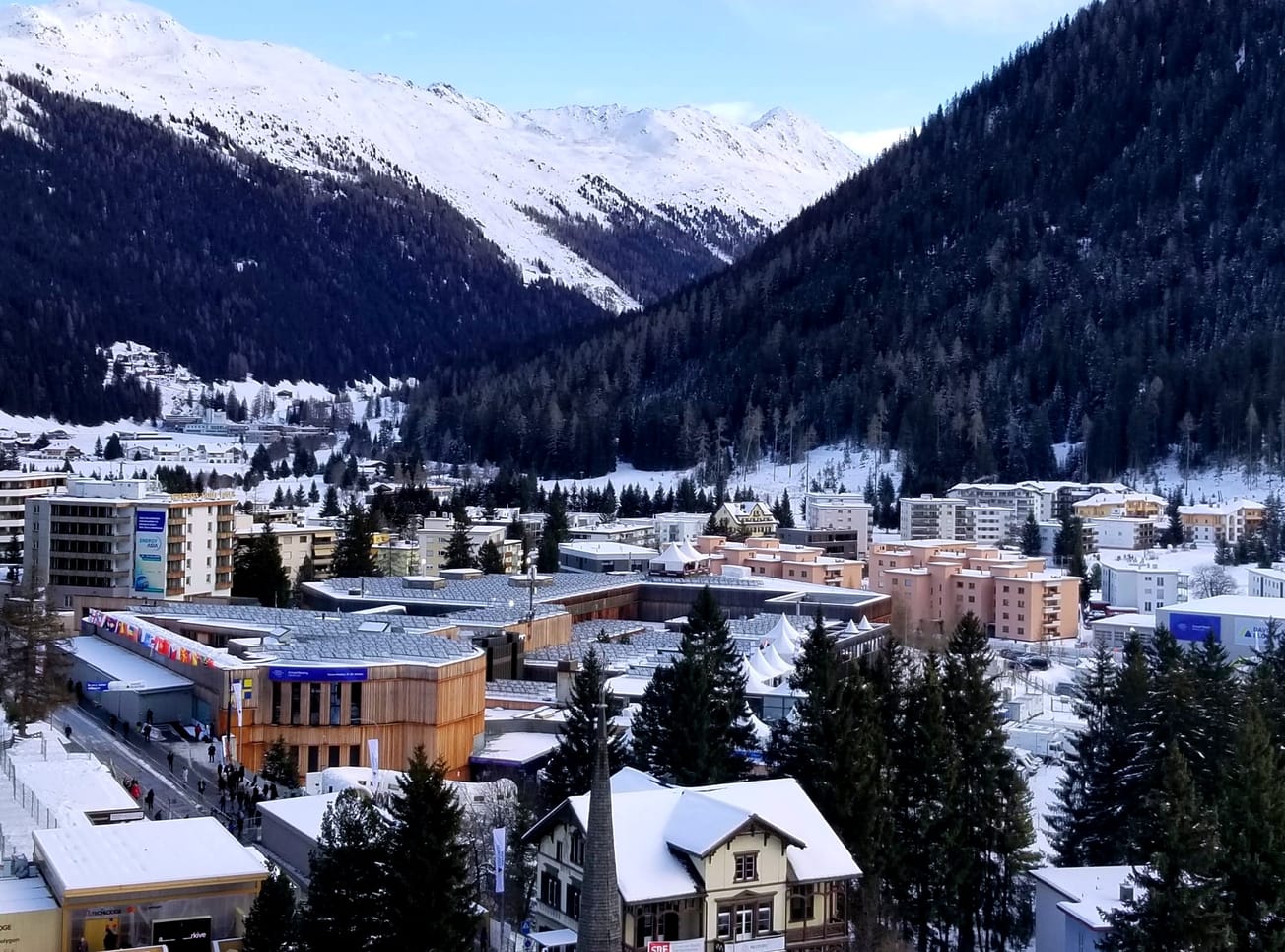The World Economic Forum formally opened its annual meeting of global decision makers in the Swiss Alps at the exact hour that Donald Trump returned to the White House, creating a strikingly divergent set of world stages for billionaire-led globalists and billionaire-led right-wing populists.
Pegged to the annual meeting of elites in Davos was a new report on Monday by Oxfam International showing that billionaires' wealth "surged" by $2 trillion in 2024, triple the rate from just a year before, but the number of people living in poverty has changed little since 1990.









